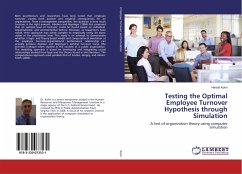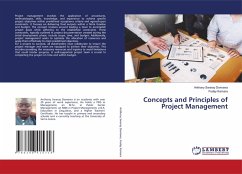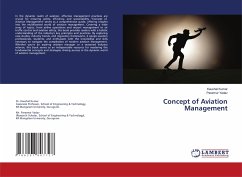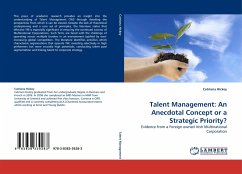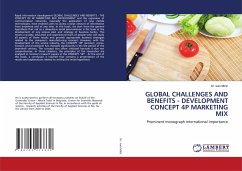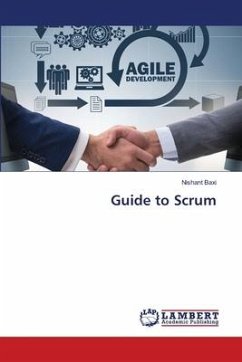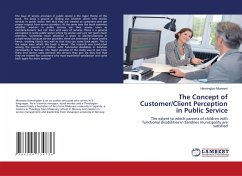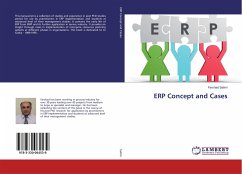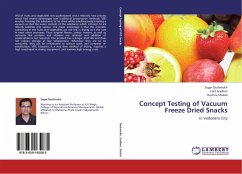
Concept Testing of Vacuum Freeze Dried Snacks
In Vadodara City
Versandkostenfrei!
Versandfertig in 6-10 Tagen
39,99 €
inkl. MwSt.

PAYBACK Punkte
20 °P sammeln!
VFD of fruits and vegetables was sophisticated and a relatively new process which had several advantages over traditional preservation methods. VFD involves freezing the substance to be dried while simultaneously creating a vacuum so that the water content of the substance which is frozen to ice directly sublimes into vapour. The major advantage is that the aromatic substances in the fruits and vegetables are not lost in drying as is the case in most other processes. Thus, original flavour, colour, texture, as well as nutrients like proteins and vitamins are retained and addition of preservati...
VFD of fruits and vegetables was sophisticated and a relatively new process which had several advantages over traditional preservation methods. VFD involves freezing the substance to be dried while simultaneously creating a vacuum so that the water content of the substance which is frozen to ice directly sublimes into vapour. The major advantage is that the aromatic substances in the fruits and vegetables are not lost in drying as is the case in most other processes. Thus, original flavour, colour, texture, as well as nutrients like proteins and vitamins are retained and addition of preservatives is not required. The product has a longer shelf life and does not require storage at low temperature. Whenever they are to be consumed, they can be re-hydrated to achieve quick and complete re-constitution. VFD, however, is a very slow method of drying, requires a high investment in drying equipment, and involves high energy costs.




